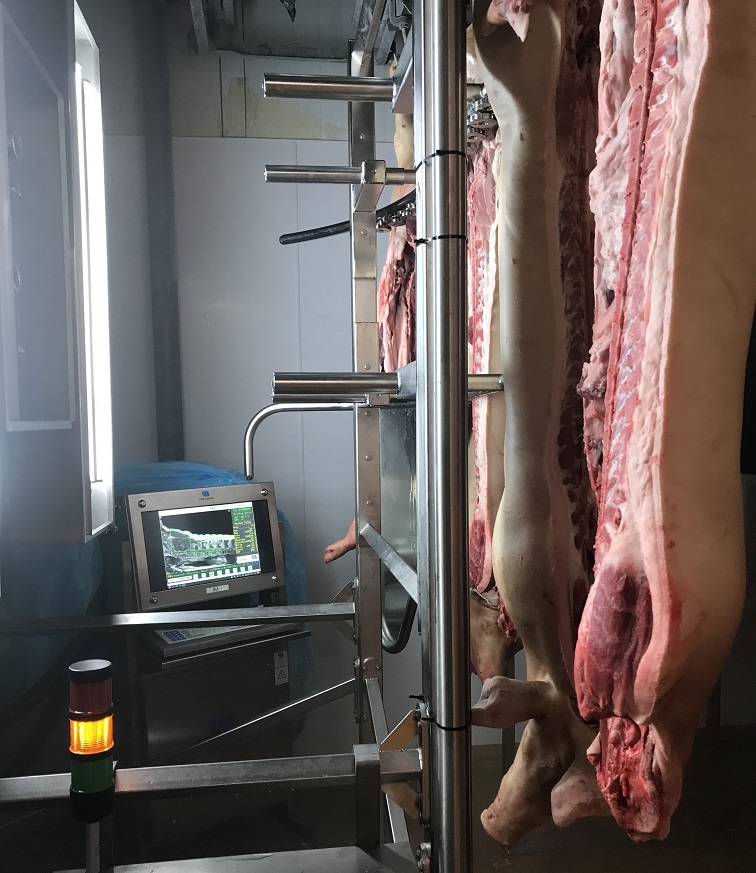The UK Food Standards Agency (FSA) is implementing several initiatives to modernise its regulatory approach to the meat industry, a sector contributing £10 billion annually to the UK economy. These efforts aim to maintain high standards of food safety and ensure efficiency within an industry facing growing challenges.
One of the key projects is developing an online self-service portal. The platform, currently in testing, will enable meat businesses to access plant-specific data, including inspection results and approvals, in real time. This aims to simplify business operations and improve the regulatory process. Additionally, the FSA has trialled technology that allows post-mortem inspection data to be transferred directly from business systems to the agency, reducing manual intervention and improving efficiency.
The FSA is also exploring the use of artificial intelligence (AI) to enhance meat inspection processes, including tools that can detect contamination not visible to the human eye. While AI-driven inspections hold promise, they are not yet legally permitted, although they are viewed as a potential future solution.
Internationally, the FSA is advising the UK government on upcoming negotiations with the EU regarding sanitary and phytosanitary (SPS) controls for food exports. The goal is to streamline processes while ensuring high food safety standards and maintaining UK exporters’ competitiveness.
Domestically, the FSA continues to address the shortage of trained official veterinarians, a critical workforce in meat inspection. Despite efforts to recruit more meat hygiene inspectors, the number of UK-trained veterinarians remains insufficient, forcing the FSA to increasingly rely on veterinarians from other countries. However, rising costs associated with post-Brexit recruitment and visa changes have made this a less viable long-term solution.
In response to rising regulatory costs, the FSA has announced higher inspection charges for 2025–2026, which has sparked legal action from some industry groups. Alongside this, the FSA is reviewing its discount scheme for small businesses, which currently provides significant cost reductions. The outcome of this review will depend on government spending assessments.
Lastly, the FSA is strengthening its National Food Crime Unit (NFCU) by granting it new powers to apply for warrants and seize evidence, empowering the unit to combat food-related crime in complex supply chains more effectively. Recent successes have included the prosecution of individuals involved in large-scale poultry fraud and falsification of testing certificates.


